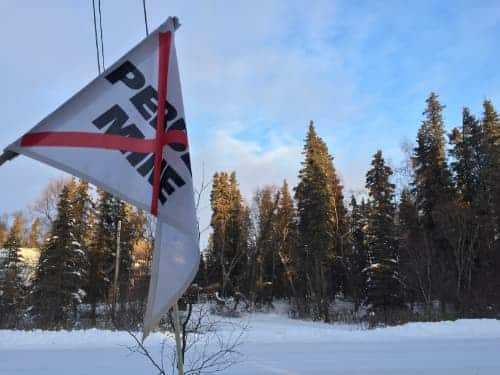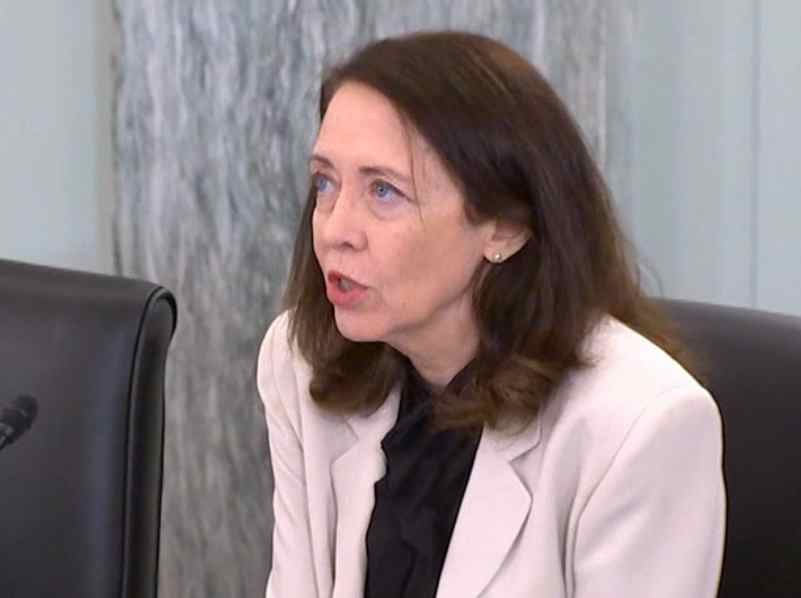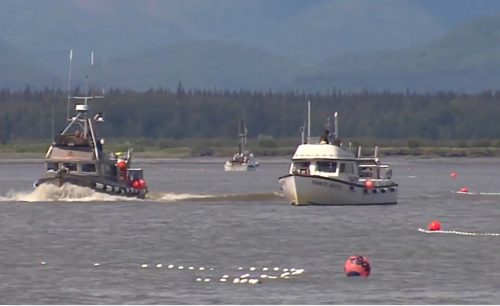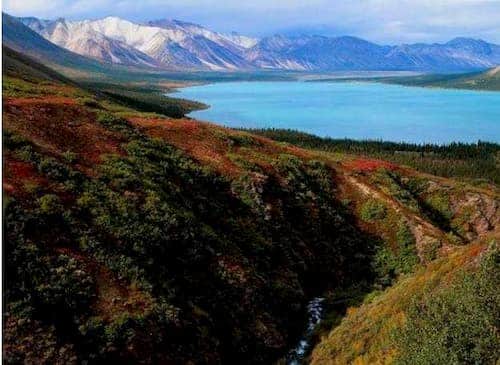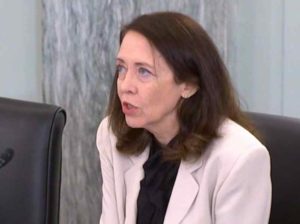
WASHINGTON, D.C. – In today’s Senate Commerce Committee hearing, Ranking Member Maria Cantwell (D-WA) slammed the Trump administration for ignoring more than a decade of scientific analysis on the devastating impacts the proposed Pebble Mine will have on Alaska’s Bristol Bay salmon fishery. Cantwell has been vocal about the disaster that the Pebble Mine would bring to the Pacific Northwest, and she has repeatedly criticized various members of the administration for downplaying the threat of the mine.
“Instead of focusing on getting recovery dollars out the door to protect the seafood sector, the administration is paving the way towards permitting the Pebble Mine,” Ranking Member Cantwell said in today’s hearing. “It is beyond unconscionable that the administration continues to threaten the largest salmon fishery in the world instead of focusing on the catastrophic failure that we are seeing because of the pandemic. This is like a one, two gut punch to the industry…So as I have said many times, we must let science lead, and the administration is not listening to science and NOAA is not sticking up for the science.”
The Pebble Mine threatens to permanently damage the Bristol Bay watershed, the 40-60 million salmon that return to it every year, and the fishermen and industries that rely on Bristol Bay salmon. A three-year study by the Environmental Protection Agency released in 2014 found that the mine as proposed would result in irreparable harm to Bristol Bay salmon and the fisheries that depend on them. This year, EPA Region 10 found that the mine even in the course of normal, safe mine operations, would destroy 3,560 acres of wetlands, 55 acres of lakes and ponds, 81 miles of streams and 11 acres of marine waters.
The seafood sector is the cornerstone of the 30 billion dollar maritime economy in Washington state. Fisheries and fishery related businesses, such as commercial fishing, seafood processing, shipbuilding, and gear manufacturing, make up 60 percent of Washington’s maritime economy, which as a whole supports over 146,000 jobs.
[content id=”79272″]
In her Q&A with the witnesses at the hearing, Cantwell asked Mr. Phil Anderson, Chair of the Pacific Fishery Management Council, what the Pacific Northwest and the U.S. maritime economy at large stands to lose from the impacts of the Pebble Mine. He responded, “The project, from some of the information I’ve read from the Army Corps of Engineers…from a fishery management perspective, and a harvesting perspective, and businesses that are dependent on renewable resources, this is a huge concern to those of us here in the Pacific Northwest.”
In her questioning with Dr. Paul Doremus, Deputy Assistant Administrator of Operations at NOAA, Cantwell criticized Neil Jacobs and NOAA for their lack of review of Pebble Mine’s impact saying, “Well I want you to hear that NOAA hasn’t fulfilled its role, Mr. Jacobs hasn’t fulfilled his role, and there’s a lot at stake.”
Ranking Member Cantwell has led the fight to protect Alaska’s Bristol Bay, one of the largest salmon fisheries in the world. In October of 2017, Cantwell and other members of the Washington state congressional delegation urged President Trump to listen to Washington fishermen and businesses before removing protections from Bristol Bay. In May 2018, Cantwell called on the Trump administration to hold public meetings in Washington state on the proposal and increase transparency for the permitting process. In July 2019, Cantwell slammed the Trump administration’s decision to withdraw protections for Bristol Bay. And just this month, Cantwell criticized an environmental analysis released by the Trump administration that could pave the way for approval of the proposed Pebble Mine.
A video of Ranking Member Cantwell’s opening statement can be found HERE and audio HERE.
A video of Cantwell’s Q&A with witnesses can be found HERE and audio HERE.
###



